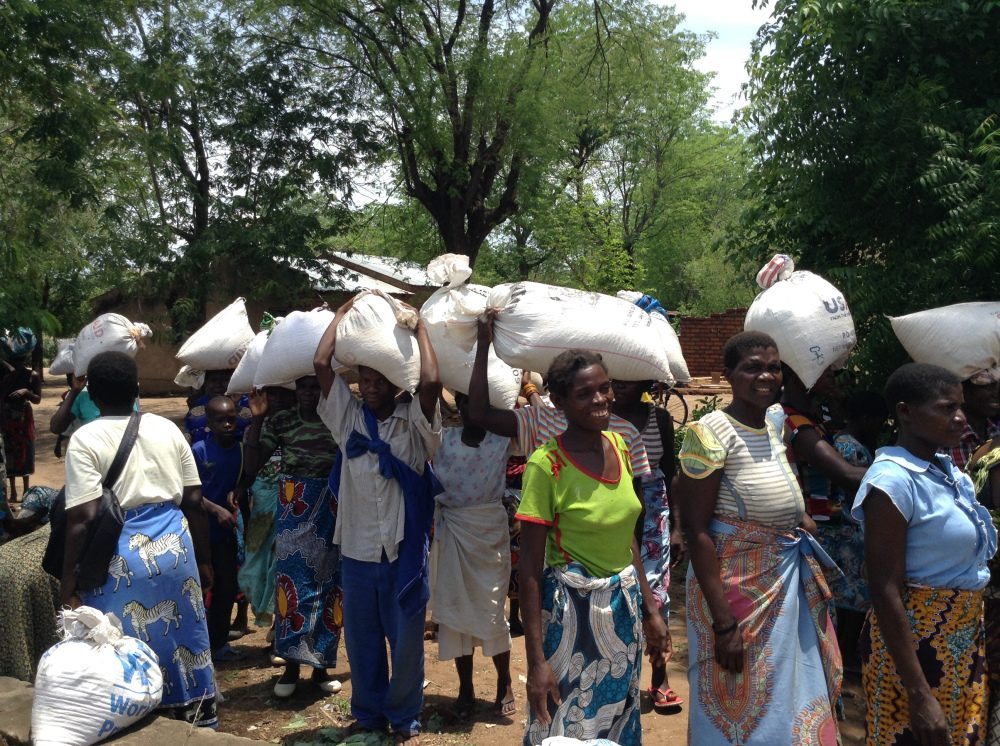Welcome to AHO Emergencies

The primary objective in an emergency, whether natural or man-made, is to reduce avoidable loss of life and the burden of disease and disability.
Every day, hundreds of millions of people face threats to health and livelihoods because local and national systems that support their health and lives are overwhelmed or too weak to withstand crises and extreme events.
AHO is committed to working better with Member States and other stakeholders so that suffering and death in crises are minimized and systems are protected and repaired. We want to help national authorities and communities to:
- Prepare for crises by strengthening their overall capacity to manage all types of crises;
- Mitigate against the effects of crises by taking measures to reduce the effects of disasters and crises on systems that support good public health;
- Respond to crises by ensuring effective, efficient and timely action to address public health priorities so that lives are saved and suffering is reduced;
- Recover from crises by ensuring that the local health system is back to functioning.
During crises, humanitarian health partners, led by the Inter-Agency Standing Committee (IASC) Health Custer under the leadership of AHO will empower humanitarian country teams to better address the health aspects and crises.
At all levels of AHO, whether it be in Country Offices, Regional Offices, and headquarters, the AHO network for Emergency Risk Management and Humanitarian Response serves as a convener and conduit. It provides information and services, and mobilizes partners to agree on standards and courses of action.
Emergencies Grading
| Grade 3 | Grade 2 | Grade 1 |
| Grade 3: a single or multiple country event with substantial public health consequences that requires a substantial WCO response and/or substantial international AHO response. Organizational and/or external support required by the WCO is substantial. An Emergency Support Team, run out of the regional office, coordinates the provision of support to the WCO. | Grade 2: a single or multiple country event with moderate public health consequences that requires a moderate WCO response and/or moderate international AHO response. Organizational and/or external support required by the WCO is moderate. An Emergency Support Team, run out of the regional office (the Emergency Support Team is only run out of HQ if multiple regions are affected), coordinates the provision of support to the WCO. | Grade 1: a single or multiple country event with minimal public health consequences that requires a minimal WCO response or a minimal international AHO response. Organizational and/or external support required by the WCO is minimal. The provision of support to the WCO is coordinated by a focal point in the regional office. |
| African Countries | African Countries | African Countries |
| Democratic Republic of Congo
Nigeria Somalia South Sudan
|
Cameron
Central Africa Republic Ethiopia Libya Niger Sudan Zimbabwe |
Burundi
Chad Mali
|
| Outside Africa Countries | Outside Africa Countries | Outside Africa Countries |
| Syria Arab Republic
Yemen |
Haiti
Palestine Ukraine
|

